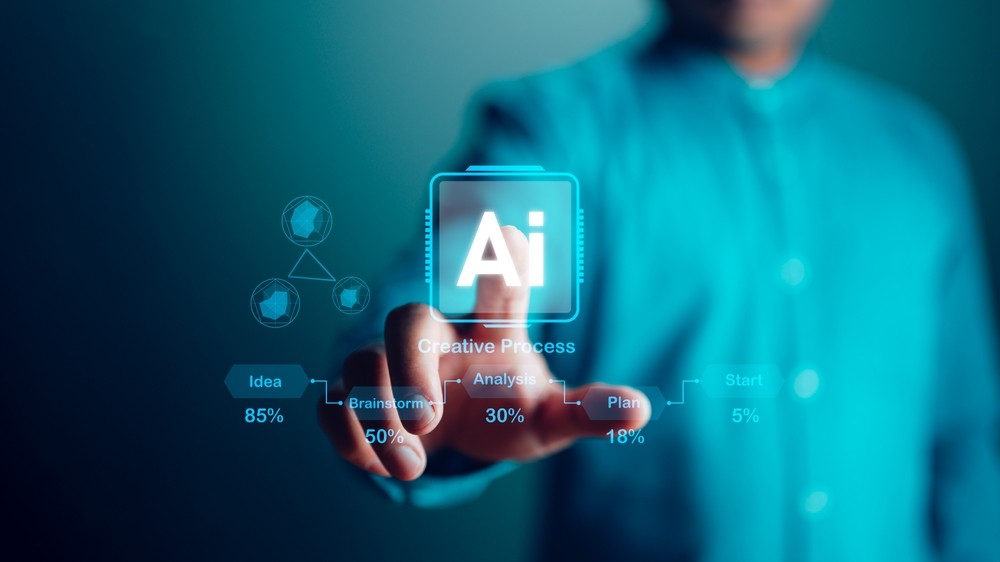CYPHER Learning has released a new study on workers' concerns and aspirations around using AI in the workplace. The study found that while AI is reshaping job roles in a positive way to remove repetitive tasks, workplace digital divides between ages, gender and seniority are deepening.
CYPHER Learning surveyed 4,543 workers aged 18 and above, from a cross-section of industries across the US, UK and Mexico, and found:
Reshaping of Roles: 63% of workers say the introduction of AI technologies has already impacted the skills required to perform their role, while over half (52%) believe it will either ‘totally transform’ or have a ‘major impact’ on their role within two years. Consequently, 38% expect they will need to retrain as their jobs will become obsolete and almost half (45%) are concerned about their future job security.
Cautious Optimism: Despite the upheaval, many workers felt positive about the changes. 67% of workers view AI as a ‘friend’ rather than a foe. Moreover, 41% of workers use GenAI for their work, with 46% saying that AI as a whole is making their jobs easier, and 43% noting that it's taking away boring administrative tasks so they can focus on more high-value work.
AI Digital Divides: Yet not all workers are equally benefiting from AI. Younger workers, men, and senior management are more likely to use AI at work and enjoy experimenting with AI, compared to women, over 55, and manual or clerical workers. Similarly, fewer women, older workers and manual or clerical workers felt technology is changing their roles for the better.
Lack of Guidance: Workers also felt clearer guidance is needed around use of AI in the workplace, with 69% feeling clear AI policies are still needed – while one in three (33%) think the use of AI in the workplace should be banned entirely. Interestingly, one in four (25%) workers admit to using AI without their boss’s knowledge.
“Each technological leap – such as we are currently experiencing with AI – does change the workplace,” explains Graham Glass, Founder and CEO, CYPHER Learning. “Trade-offs have had to be made throughout history as jobs and roles shift. But over the long term these changes generally prove to be for the better.”
Michael Rochelle, Chief Strategy Officer and Principal HCM Analyst at Brandon Hall Group adds: "Artificial intelligence is not just about automation—it's about augmentation. Brandon Hall Group research underscores AI’s ability to enhance the workforce by freeing employees from mundane tasks and empowering them to focus on more strategic, creative endeavors. The true value of AI lies in its ability to enrich the employee experience and provide actionable insights that elevate organizational performance. CYPHER Learning’s report highlights a key issue: all employees should have the opportunity to benefit from training and support to maximize AI’s value in the workforce.”
With the influence of AI on the workforce expected to grow in the coming years, 73% of workers believe AI skills will be important to their role within five years – with 45% believing such skills will be ‘essential’ or ‘very important’. However, only 25% have had training in this area. Again, workforce divides were apparent:
Only 11% of workers over 55 have had AI training, compared to 30% of those aged 18 to 44.
More men than women report exposure to AI training – 36% compared to 18%.
Senior management have had more training than anyone else – 58%, compared to 11% of clerical or manual workers.
The survey also revealed frustrations and concerns around how technology training is delivered at present. Nearly half of workers (48%) worry about their company's future due to a lack of leadership investment in new technology skills. Moreover, 46% of workers said they find it impossible to keep up with the tech and digital skills required for their roles, and 53% say their tech training quickly becomes outdated.
“As AI increasingly permeates the workplace, fostering a culture of continuous learning through training and education will be essential to boost worker confidence,” Glass concludes. “Some workers may feel overwhelmed by technology when training is not delivered in a way that is relevant to them and their role. For example, helping people understand the purpose of AI, and how to assess and validate outputs, will be more useful to some workers than extensive training in prompt engineering. When training is delivered in ways applicable to each individual and their role, at the right time in the right context, it’s more likely to help them progress.”




